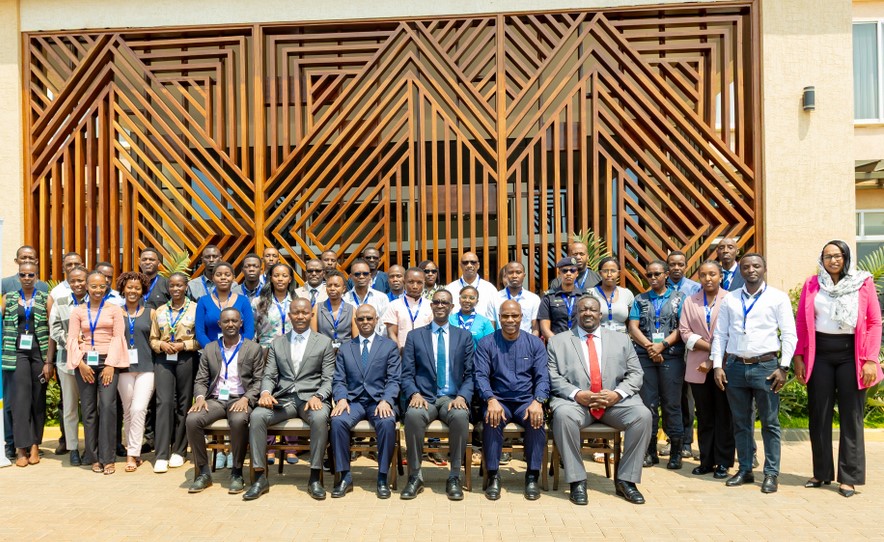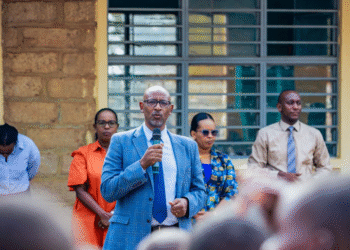The Eastern Africa Standby Force (EASF) has urged African youth to remain alert against cybercrime, warning that criminals are increasingly using technology to lure young people into illegal activities under the promise of better opportunities.
The message came on September 8, 2025, during the opening of a training program in Kigali on cybersecurity and the prevention of technology-related crimes, including terrorism.

The training brought together security officers, law enforcement officials, policymakers, IT experts, and university students. Speakers noted that young people are often the main target of online crimes such as human trafficking, terrorism financing, data theft, and scams involving fake job offers.
David Kanamugire, Director General of Rwanda’s National Cybersecurity Authority, said technology has become central to development but warned that misuse is rampant.
“Today’s world relies heavily on technology. Harnessing it productively, including for employment, requires skills and responsibility. The youth must lead in using technology wisely,” Kanamugire said.
According to Maj. Faustin Ngaboyimanzi, EASF’s Technology Director, the training was designed to equip participants with advanced knowledge to prevent cybercrime and protect their digital presence. He stressed the need for youth to understand the tricks used by criminals to manipulate or coerce them.
Participants welcomed the training as timely. Kayitesi, a student, said young people are particularly vulnerable because they are eager to progress.
“Youth face the greatest risk of being deceived. Scammers promise jobs or quick money, but it’s a trap. We must be cautious and seek advice before committing to anything,” she said, adding that young women are often more at risk due to trust and the desire for a better life.
Another participant, Uwayo Rwema Emmanuel, emphasized that access to accurate information is key. “When you verify information, you protect yourself from believing everything you see online without evidence,” he said.
Organizers stressed that African youth are increasingly targeted by criminals offering fake opportunities abroad, with the hidden goal of dragging them into cybercrime. They urged young people to remain vigilant, safeguard personal information, and think critically before engaging in online offers











